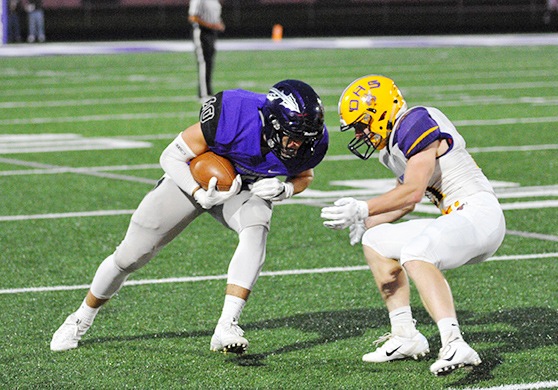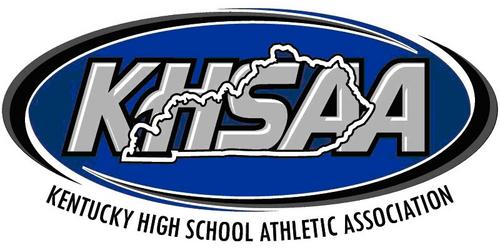Safety Advocates Bringing Awareness To Injuries Beyond Concussions
Shree Dandekar, who serves as an athletic trainer for high school athletes in New York City, has come out in support of a new movement that places a focus on preventing and understanding all safety risks for young athletes, instead of just concussions. A new article from The New York Times explains how youth sports safety advocates are shifting the discussion to hone in on the impact of other conditions, instead of solely talking about the dangers of concussions.
In recent years, concern about concussions has risen, particularly for young competitors. However, a youth safety advocate group is explaining that there are other serious medical situations that deserve equal attention. Currently, the number one killer of young athletes is sudden cardiac arrest. This medical emergency usually stems from a pre-existing, and often detectable, condition that could have gotten treated. Heat stroke, which is entirely preventable, is another serious threat to an athlete’s health.While concussions remain a major concern for young players, dying from a blow to the head is much less common that succumbing to other issues. In fact, researchers note that a young player dies from a cardiac-related concern once every three days in America. Death from heat stroke in hot months occurs once every other day.
Shree Dandekar comments on these facts stating, “It is crucial that parents, coaches, athletic trainers, and all people who care for young athletes understand all concerns that these individuals face. While knowledge about concussions is certainly important, we must understand that there are a variety of medical problems that can cause severe injury or death. These conditions require equal attention in order to understand their signs and also prevent them from occurring in the first place.”
Parents should note that these deaths do not necessarily occur during strenuous team sports either. Laura Friend lost her 12-year-old daughter to sudden cardiac arrest while the girl was swimming at a community pool in 2004.
She notes, “When your heart fails from something that could have been treated–which happens all the time–you don’t have another chance. As someone told me, sudden cardiac arrest is not rare; surviving it is.”
While young athletes are required to complete a physical prior to participating in team sports, additional testing on the heart usually only occurs should the medical professional administering the test feel concerned about the child’s health. However, that is beginning to change, as many physicians are encouraging young players to get an electrocardiogram, or EKG, as they get their pre-sports exam. These medical professionals note that an EKG for all young athletes has the ability to detect roughly two-thirds of the potentially fatal heart problems that are often exasperated by strenuous activity. This could help to keep participants safe.







